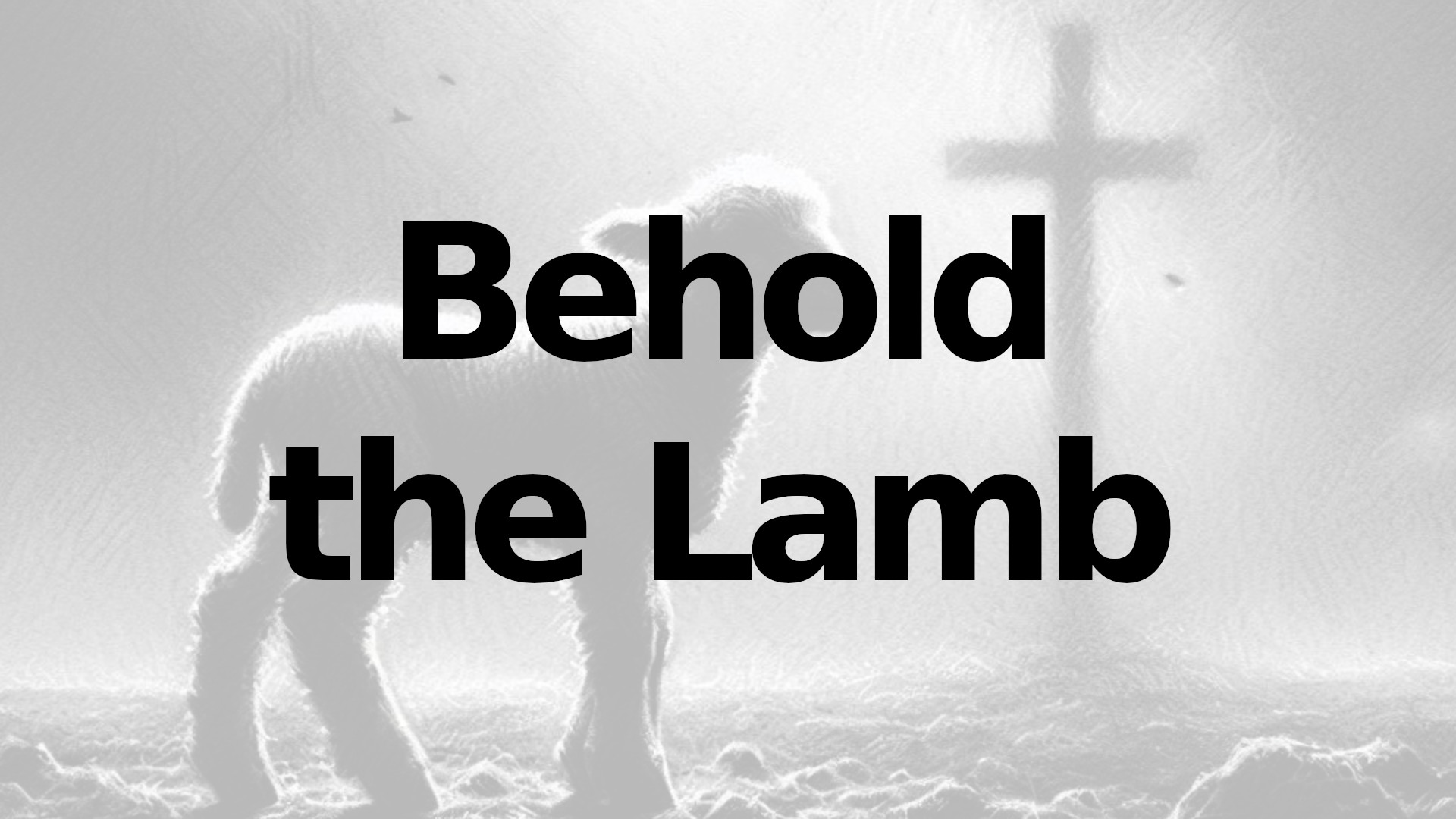Faith in the Face of Loss
John 11:1-37
Jesus' delay in visiting Lazarus leads to a profound moment of faith and resurrection. How does this story demonstrate Jesus' power over death?
Death is but a doorway into another life. For the Christian higher more beautiful.
This Bible study explores John chapter 11, verses 1-37, focusing on the account of Lazarus’s death and the events leading up to his miraculous resurrection. The central question addressed in this study is: How does God use difficult circumstances, even death itself, to bring glory to Himself and strengthen our faith? Through examining Jesus’s response to Lazarus’s illness and death, we discover profound truths about divine timing, the nature of death for believers, and the importance of unwavering faith in Christ’s power over all circumstances.
But when Jesus heard it he said, “This illness does not lead to death. It is for the glory of God, so that the Son of God may be glorified through it.” John 11:4
God never allows things into our lives but what is for our spiritual benefit. We might not see it at the time but we can look back.
- Geographic Context: Bethany was located just two miles from Jerusalem, placing Jesus in the dangerous heart of Judea where Jewish leaders sought to arrest Him
- Divine Timing: Jesus deliberately waited two additional days before responding to the news of Lazarus’s illness, demonstrating that God’s timing differs from human expectations
- The Nature of Death: While Jesus referred to death as “sleep,” this doesn’t mean unconscious existence - death is a doorway into another conscious life, either blessed or terrible
- God’s Purpose in Suffering: All difficulties that enter believers’ lives serve dual purposes - to glorify God and provide spiritual benefit to the individual
- Thomas’s Commitment: Often remembered as “Doubting Thomas,” he demonstrated remarkable courage by saying “let us go with him that we might die with him”
- Martha’s Faith: She displayed strong theological understanding, confidently stating her belief in the resurrection at the last day
- Jesus’s Emotional Response: Christ wept, showing His deep compassion and identifying Him as “a man of sorrows and acquainted with grief”
- The “I Am” Declaration: Jesus proclaimed “I am the resurrection and the life,” the fifth of seven “I am” statements in John’s Gospel
- Professional Mourning: The Jewish culture included hired mourners who would wail and weep demonstratively at funerals
- God’s Continuing Power: The study emphasizes that God retains the power to raise the dead today, though it occurs according to His purposes and timing
Jesus wept. John 11:35
Death is but a doorway into another life. For the Christian higher more beautiful. For the non-Christian terrible and even more terrifying things ahead.
This study illustrates Jesus’s deep humanity alongside His divine power. When we see “Jesus wept,” we witness the heart of our Savior who genuinely grieves with us in our sorrows, yet possesses absolute authority over death itself. The informal tone of this teaching reminds us that Jesus isn’t distant from our pain - He’s the “man of sorrows and acquainted with grief” who understands our struggles intimately. The study challenges us to trust in God’s perfect timing, even when His delays seem incomprehensible, knowing that He works all things together for His glory and our ultimate good. Most remarkably, Jesus’s declaration “I am the resurrection and the life” assures us that death has no final victory over those who believe in Him.
- John 11:1-37
- Luke 23:43
- Luke 12:9
- Philippians 2:8
- 2 Kings 13
- Luke 2:49
Bible References
Online GOI Bible Studies
Contact us now for details of online bible studies this week.



